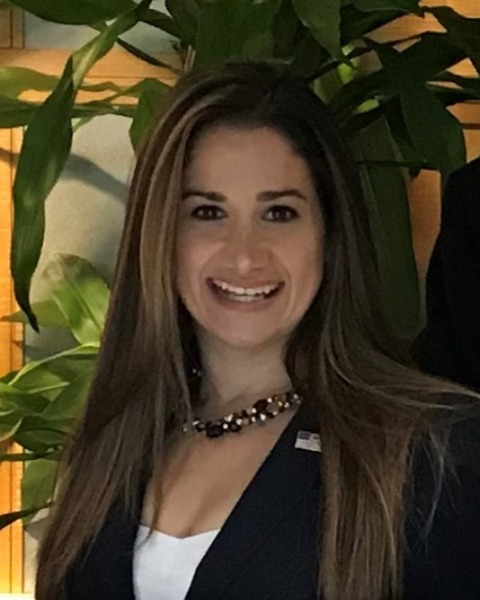Back
Workshop
Beyond the Basics: Advanced Peer and Self-Review Strategies for Forensic Interviewers (Part 1)
Tuesday, August 9, 2022
8:30 AM – 9:45 AM CDT
Room: Remington
CE: 1.25
150 minutes (Part 1 & 2)
Advanced
Forensic Interviewer
Advanced
Forensic Interviewer

Jacqueline Goldstein
Homeland Security Investigations
- AA
Amy Allen
Homeland Security Investigations

Julie Kenniston
National Criminal Justice Training Center
Primary Presenter(s)
Co-Presenter(s)
Current research suggests that, in addition to training and supervision, peer review and self-evaluation are necessary to maintain and improve preferred forensic interviewing practices. This workshop will teach participants to move beyond the basics and develop advanced peer and self-review techniques that address enhanced rapport building and narrative event practice. Additional topics covered will include interviewers’ question strategies and decision-making rationale, victim-blaming language, quality vs. quantity and gathering forensically relevant information, approaches to inquiries with reluctant youth, children involved in trafficking or technology-facilitated crimes, effective practice with other special populations, and presentation of evidence and/or extraneous information. Self-care strategies uniquely suited for forensic interviewers will also be addressed.
Learning Objectives:
- Enhance rapport-building strategies and narrative event practice in forensic interviews.
- Improve question strategies and decision-making rationale when challenging issues arise in the forensic interview to better elicit forensically relevant information.
- Recognize victim-blaming language in the forensic interview and learn strategies to minimize/eliminate it.
- Utilize effective approaches to inquiries with reluctant youth, children involved in trafficking or technology-facilitated crimes, and other special populations.
- Comfortably present various types of evidence in the interview in a victim-focused manner.
